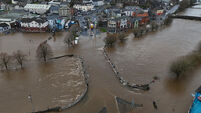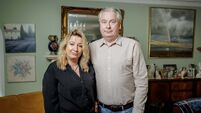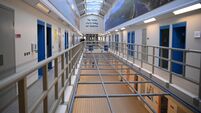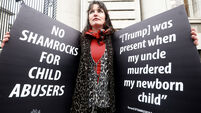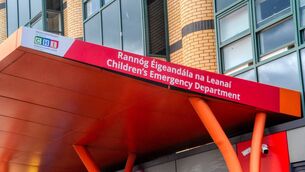Cop30 is not just another climate conference — it is a crossroads
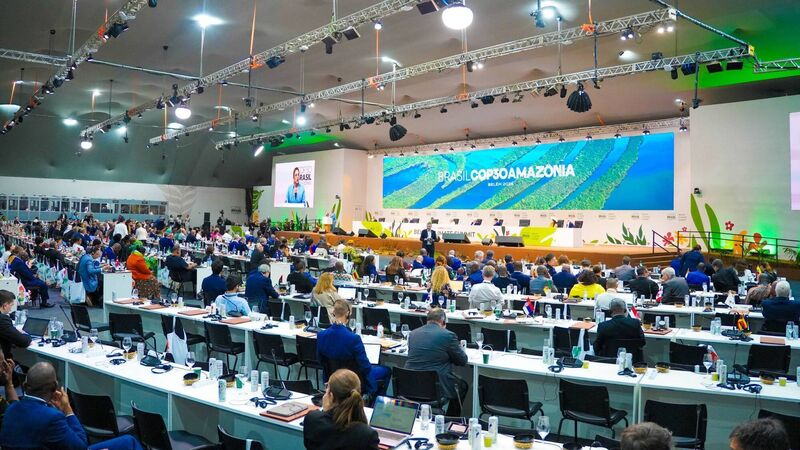
The UCC delegation at COP30 in Belém, Brazil, write: The challenge for Ireland is not just to meet targets but to demonstrate leadership — showing how a small nation can model fairness and innovation in the global transition.
“As we watch the sun go down, evening after evening, through the smog across the poisoned waters of our native earth, we must ask ourselves seriously whether we really wish some future universal historian on another planet to say about us:
“'With all their genius and with all their skill, they ran out of foresight, and air and food and water and ideas' or, 'they went on playing politics until their world collapsed around them'."
CLIMATE & SUSTAINABILITY HUB




